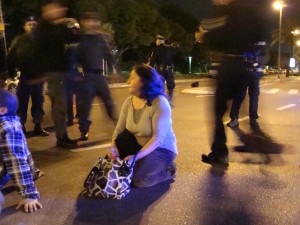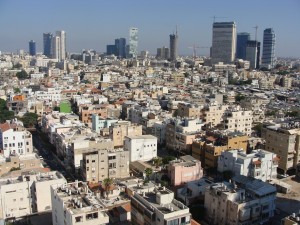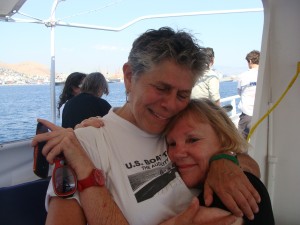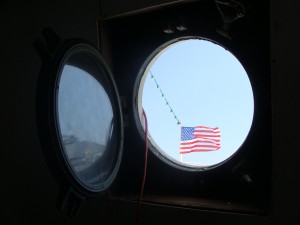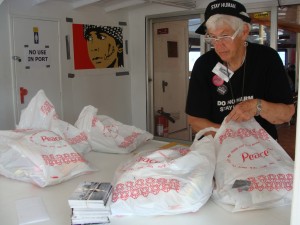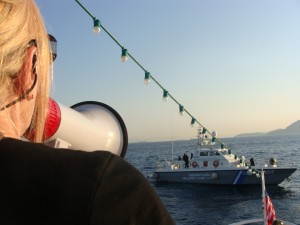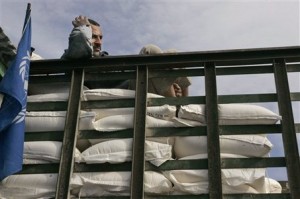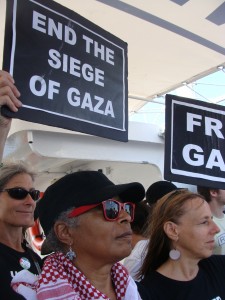 The Huffington Post, July 26, 2011
The Huffington Post, July 26, 2011
Maan News Agency, July 28, 2011
The flotilla was intended to challenge the Israeli blockade of the Gaza Strip, a closure that has been decried as a violation of international law. While Israel prevented the boats from reaching the Gaza Strip, the initiative was successful in bringing media attention to the closure.
But Israel remains victorious on one crucial front. A tremendous majority of those talking about the blockade — from the mainstream media to critics and activists — use 2007 as the start-date, unintentionally lending legitimacy to Israel’s cause and effect explanation, an argument that pegs the closure to political events.
According to the Israeli government, the blockade was a response to the Hamas takeover of the Gaza Strip. The stated goals of the closure are to weaken Hamas, to stop rocket fire and to free Gilad Shalit, the Israeli soldier who has been held in Gaza since 2006.
But the blockade — which the Israeli government has openly called “economic warfare” — did not begin in 2007. Nor did it start in 2006, with Israel’s economic sanctions against Gaza. The hermetic closure of Gaza is the culmination of a process that began 20 years ago.
Continue reading “When did the Israeli blockade of Gaza begin?”
